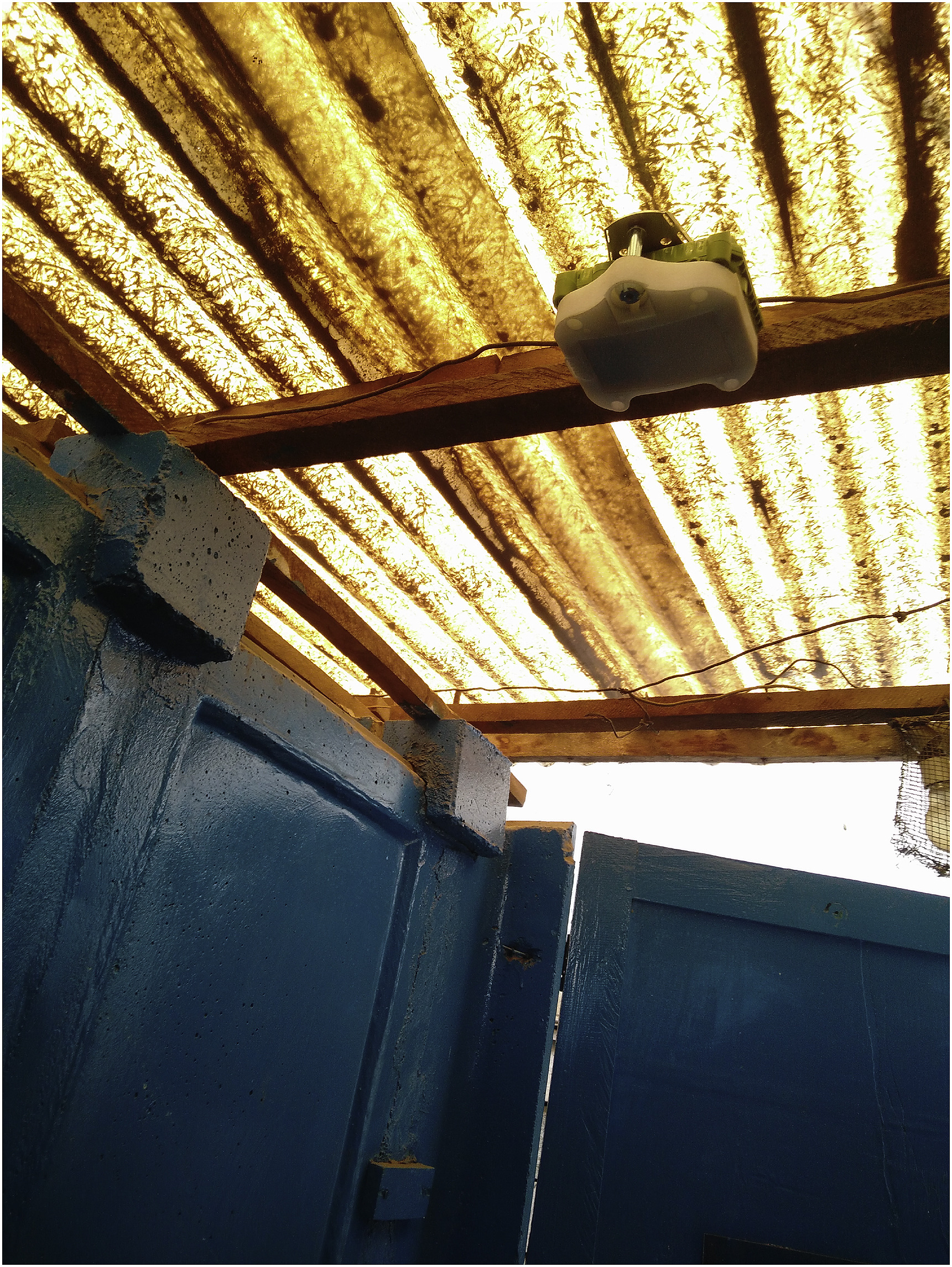Elsevier,
Diagnosis and Management in Dementia: The Neuroscience of Dementia, Volume 1, Volume , 1 January 2020
This book chapter advances SDG #3 and #10 by outlining how both the asymptomatic and symptomatic predementia phases of AD, amyloid positivity using amyloid PET imaging could predict progression to AD dementia. Amyloid PET imaging can identify the status of Aβ deposition in the underlying AD pathophysiology, increase diagnostic certainty, and alter management. This approach could improve the diagnose and management for patients with memory loss or cognitive dysfunction.
Elsevier,
Diagnosis and Management in Dementia: The Neuroscience of Dementia, Volume 1, Volume , 1 January 2020
This book chapter advances SDG #3 and #10 by focusing on providing a brief overview of genes associated with sporadic (late-onset) Alzheimer's disease (AD).
This book chapter advances SDG #3 and #10 by reviewing background on neurocognitive disorders, approaches to diagnosis, and management of several of the more problematic psychiatric complications of dementia. Disorders reviewed include AD, vascular dementia, Lewy body disease, and frontotemporal dementia. Psychiatric symptoms reviewed include apathy, agitation, psychosis, depression, and anxiety.
Elsevier,
Diagnosis and Management in Dementia: The Neuroscience of Dementia, Volume 1, Volume , 1 January 2020
This book chapter advances SDG #3 and #10 by providing an overview of natural AChE inhibitors extracted from plants and their therapeutic potential to treat AD.
This book chapter advances SDG 3 and 10 by providing best practices and applied examples to instruct human factors practitioners (researchers and designers) in creating health-care designs that are inclusive of various populations.
This book chapter advances SDG 3 and 10 by exploring the current state of design as applied to global health, models of how it is carried out, and some of the questions that arise for practitioners. The goal of this chapter is to help practioners design models to help improve health and well-being of people in lower income countries.
The cost-effectiveness and reliability of waste collection services in informal settlements can be difficult to optimize given the geospatial and temporal variability of latrine use. Daily servicing to avoid overflow events is inefficient, but dynamic scheduling of latrine servicing could reduce costs by providing just-in-time servicing for latrines. This study used cellular-connected motion sensors and machine learning to dynamically predict when daily latrine servicing could be skipped with a low risk of overflow.
This book chapter addresses goals 7, 9, and 13 by reviewing the prospects and constraints for bioenergy development in Africa to ensure sustainable bioenergy production in the future.
Background: The population effects of armed conflict on non-combatant vulnerable populations are incompletely understood. We aimed to study the effects of conflict on mortality among women of childbearing age (15–49 years) and on orphanhood among children younger than 15 years in Africa. Methods: We tested the extent to which mortality among women aged 15–49 years, and orphanhood among children younger than 15 years, increased in response to nearby armed conflict in Africa.
This case study uses survey and satellite data to help better protect those working in agriculture in Kenya and Tanzania against drought and climate change, helping to advance SDG 2 and 13.

